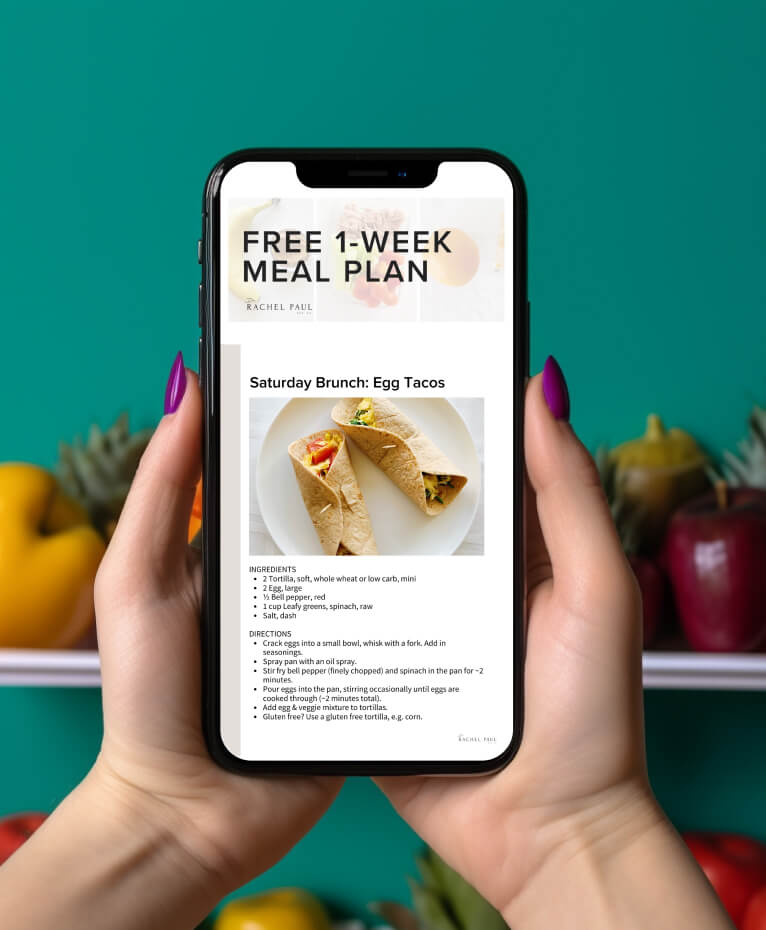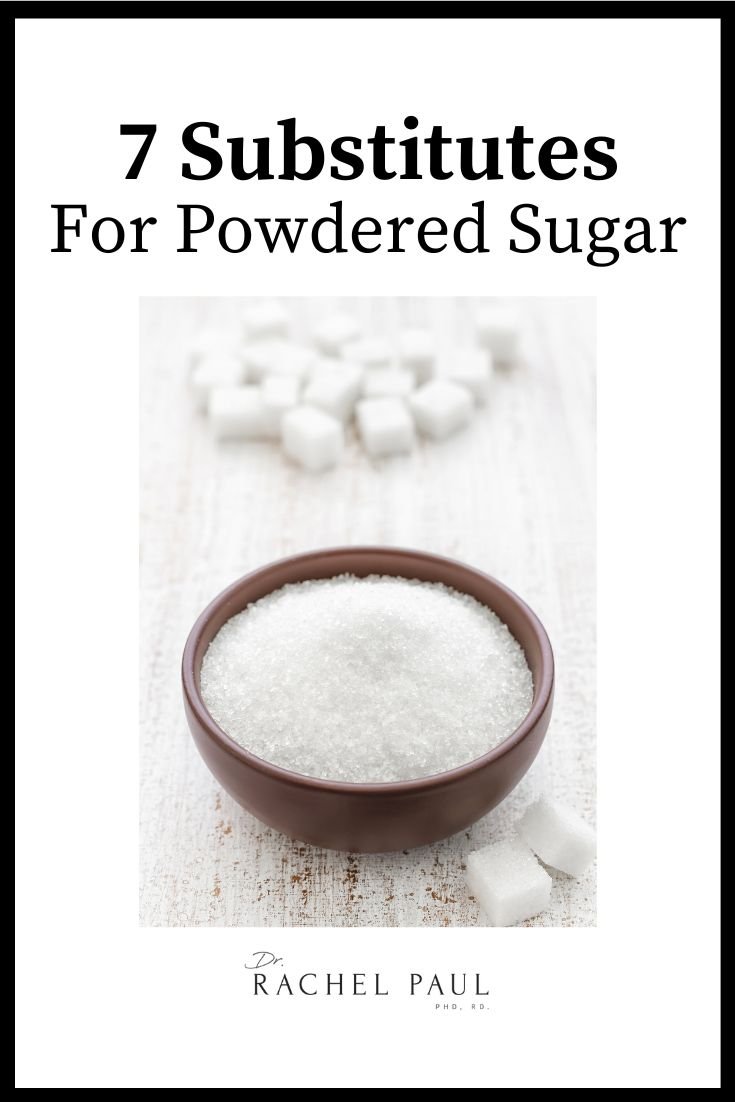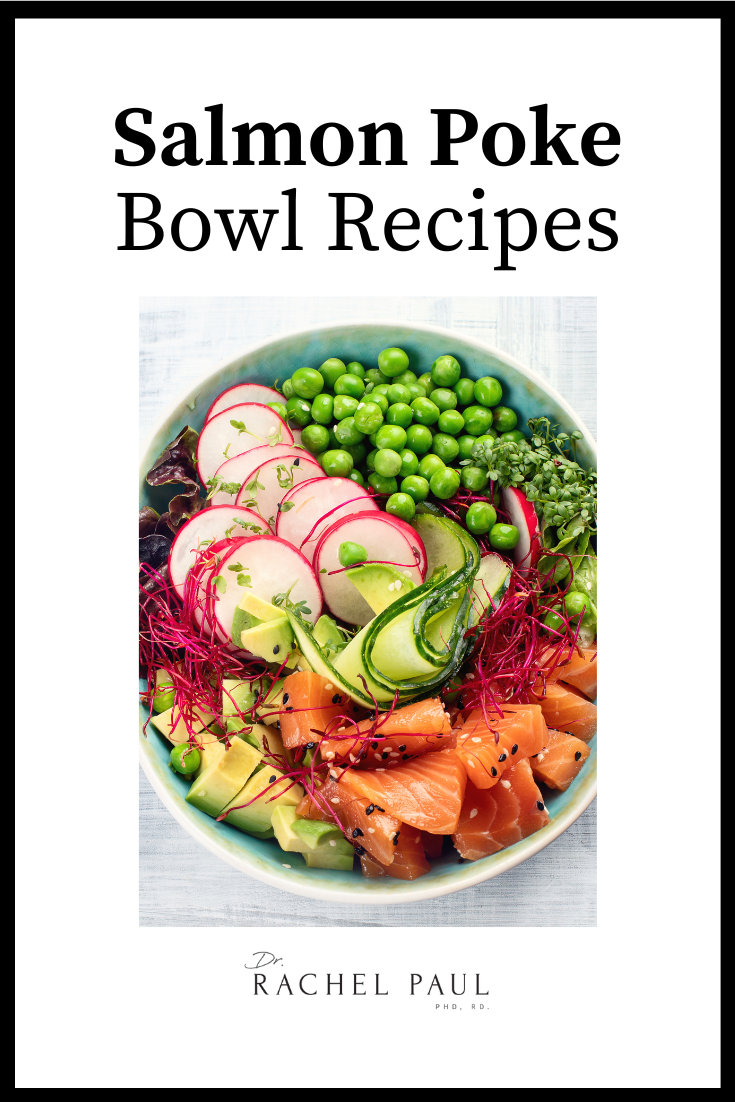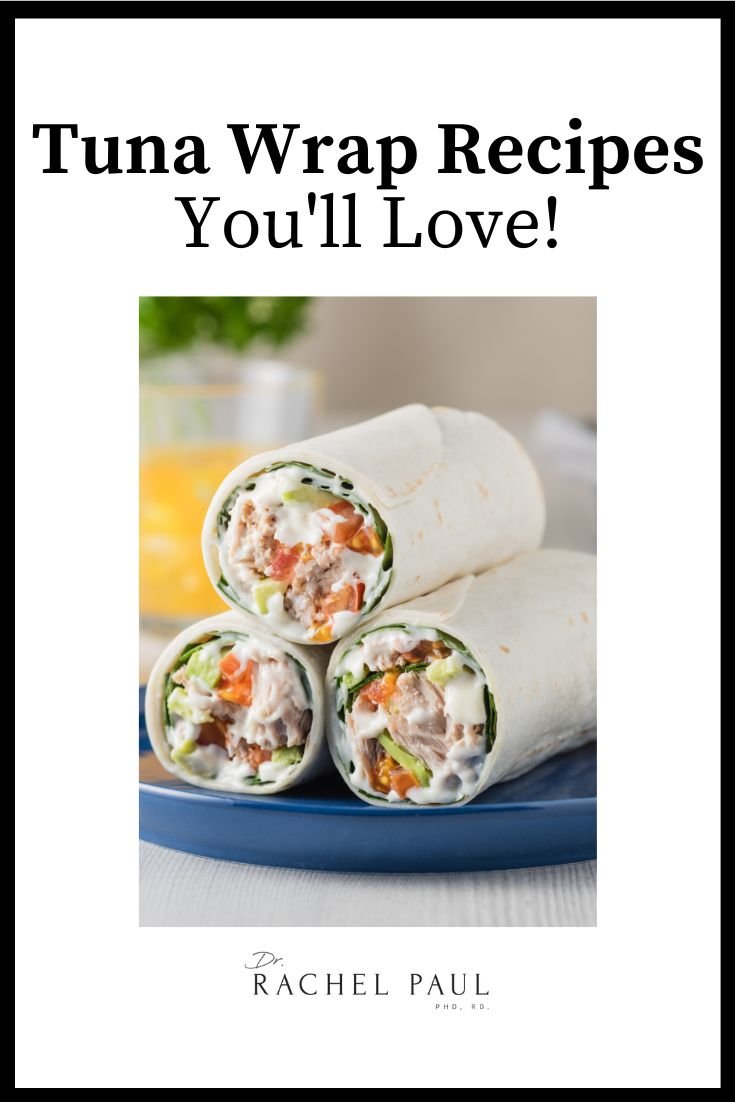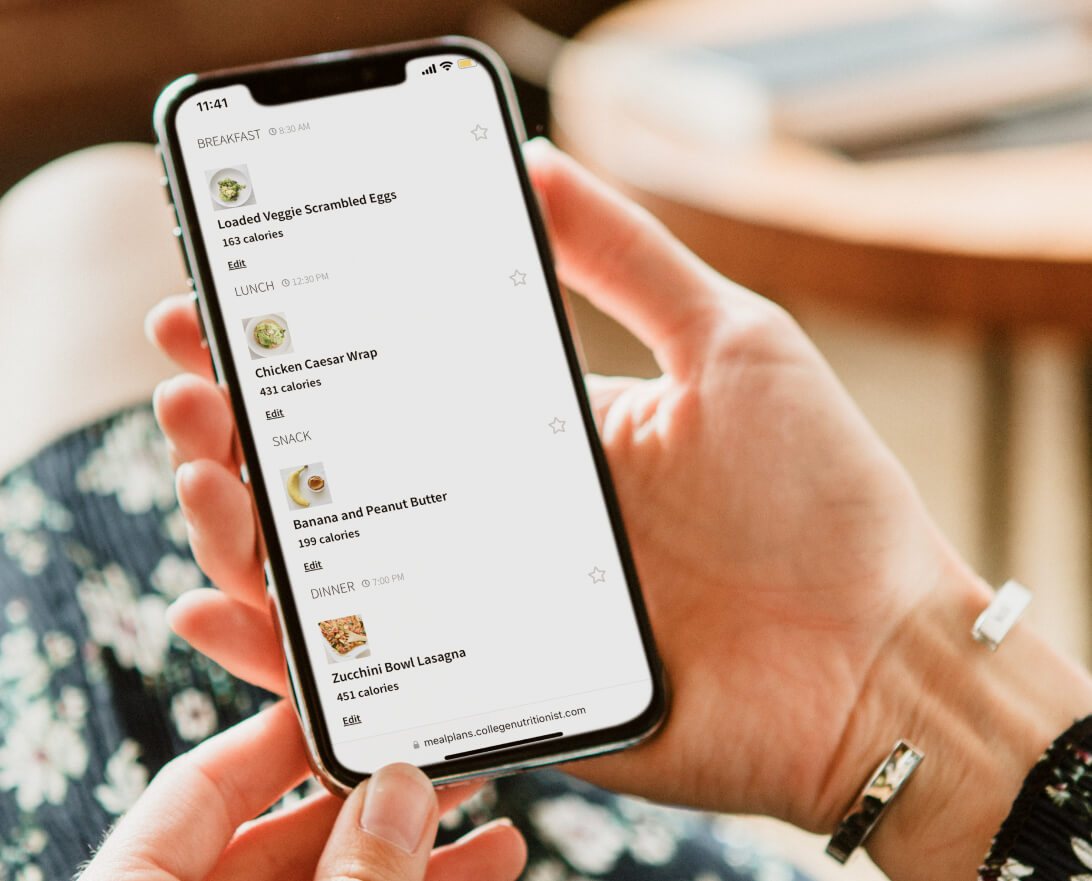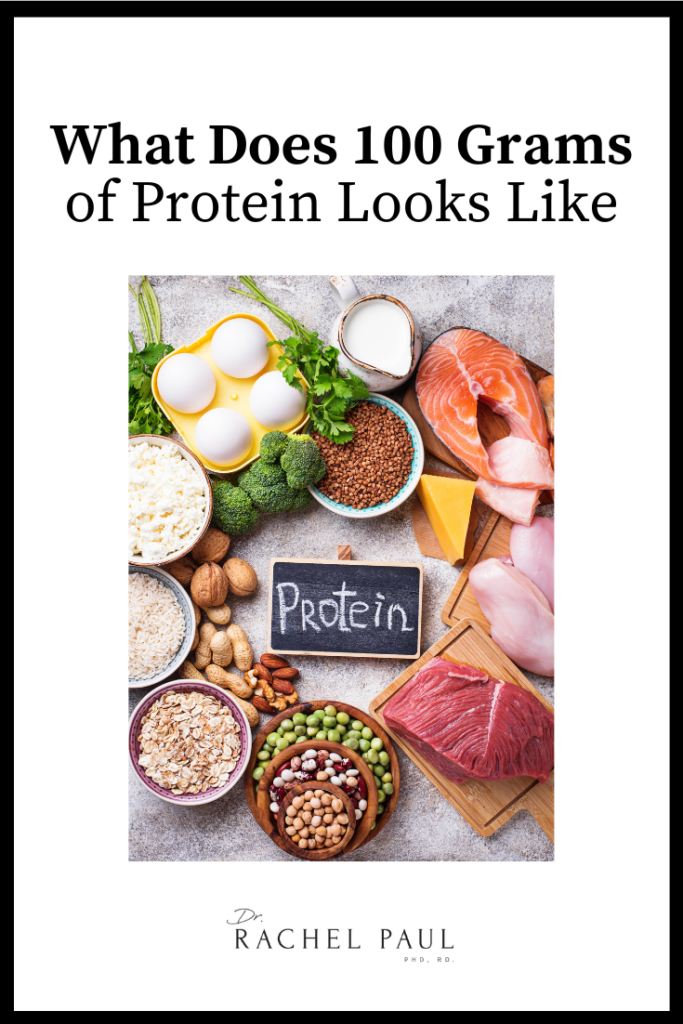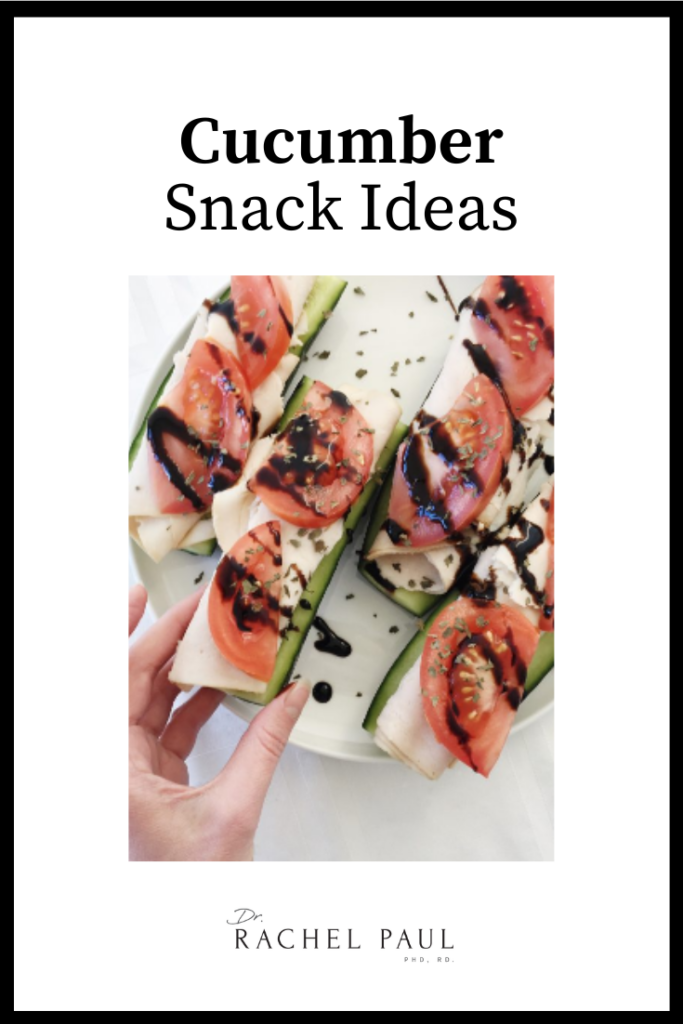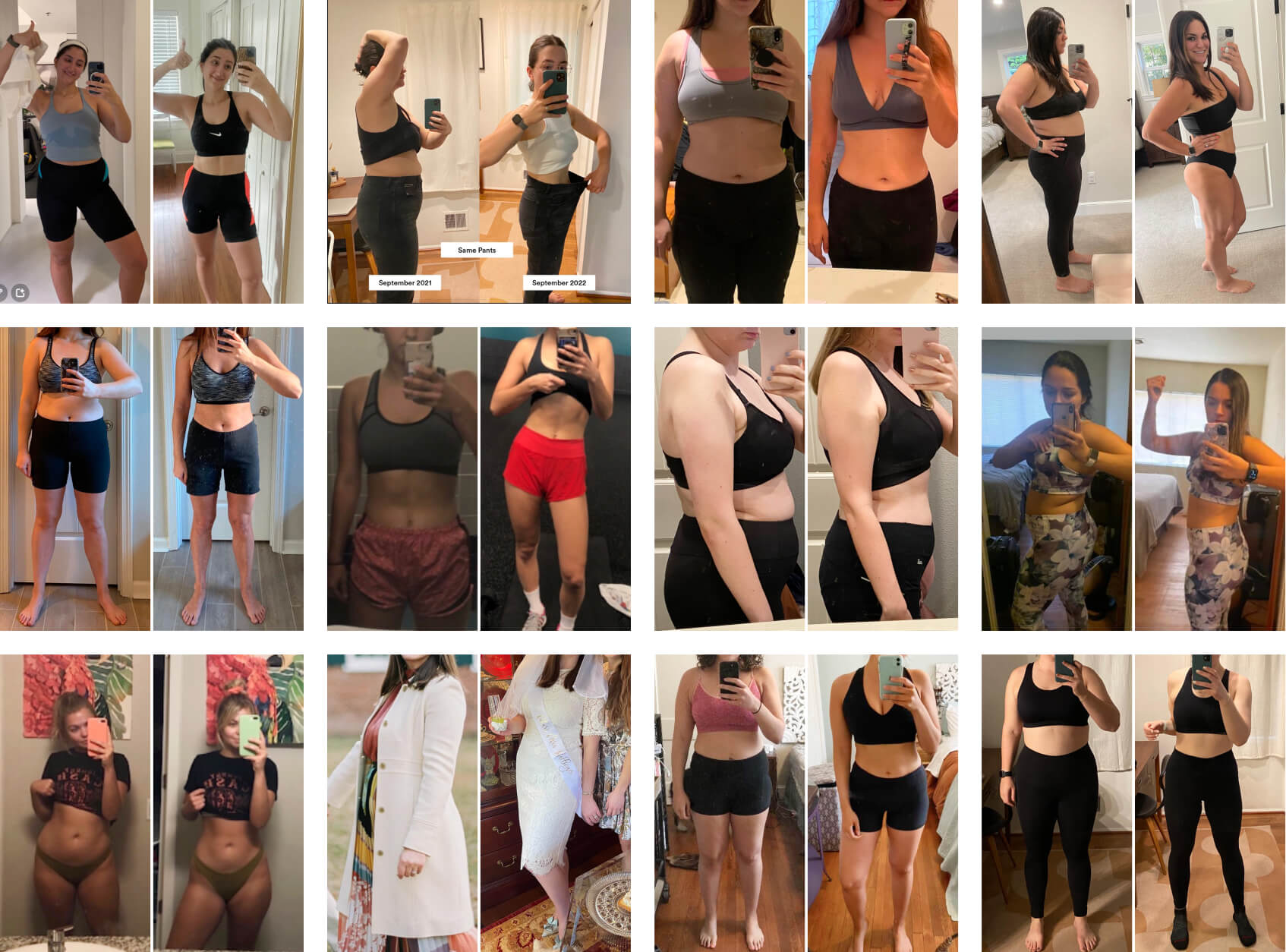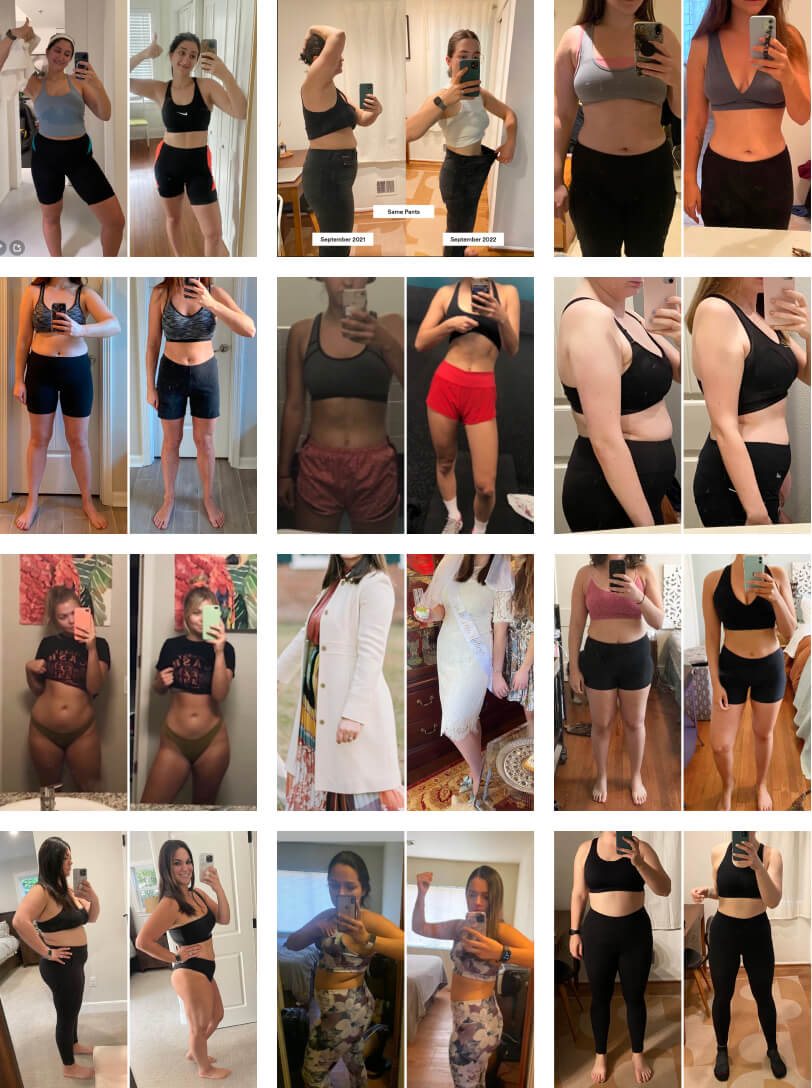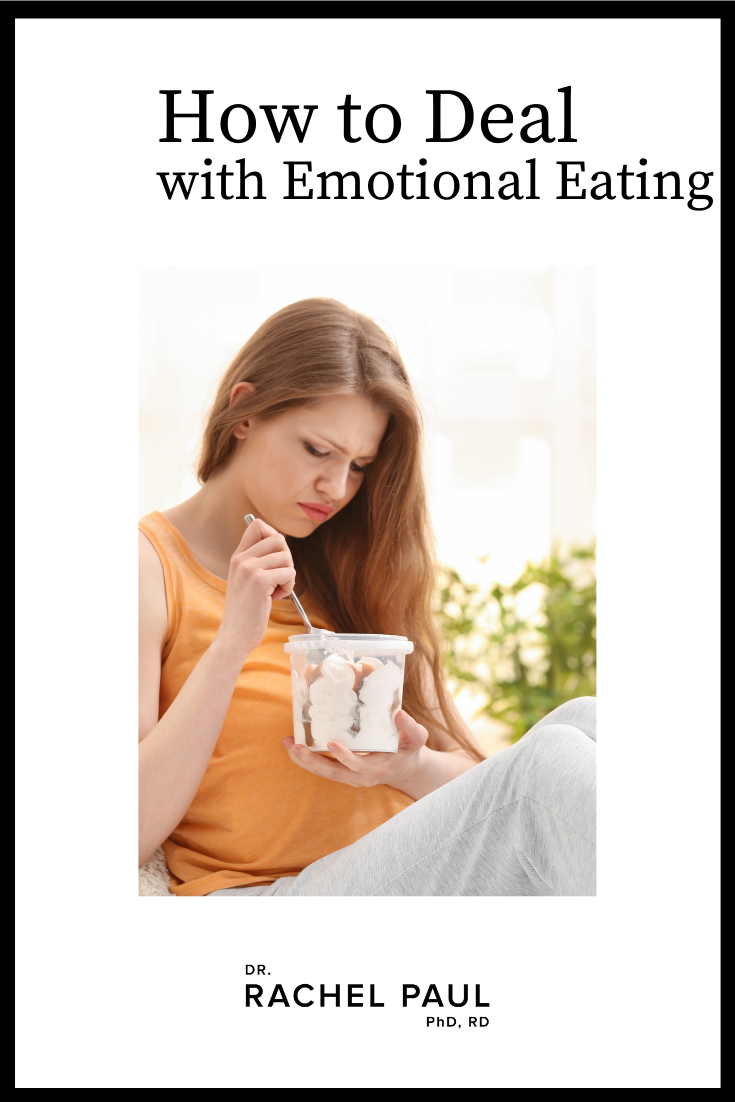
Are you an emotional eater? You’re not alone if you are. We’ve all seen it happen – the professor reaches for an extra bowl of ice cream after a rough day. Or the graduate student who stress-eats too many potato chips during final exams.
Intellectually, we know that we should choose our food in response to hunger, but sometimes, our emotions take over our eating habits.
Emotional eating is a common coping mechanism. Some research indicates that up to 75% of our eating is tied to how we feel. When we’re feeling agitated, we turn to food to numb, escape, amplify, or simply change our feelings. Whether we’re eating out of boredom or because we’re stressed, there’s a biological reason for why we stress eat, and one of those reasons is cortisol. Cortisol is a hormone released in times of stress, and it triggers a craving for salty, fatty, and sugary foods. And that made sense back in the days of cavemen when humans needed dense calories to counter the very real physical dangers that we faced!
But, while stocking up on calorie-rich food for our food cravings may have given us the energy stores we needed to outrun a tiger back in the day, we now know that emotional eating can have unfavorable outcomes. Emotional eating can lead to overeating or even binge eating, which can negatively affect the body physically and mentally and can actually make you feel worse emotionally.
There’s also a cultural drive for us to use food to soothe upset feelings or boost our mood. We see it all the time in the media, whether it’s the happy family gathering gleefully at a fast-food restaurant or the main character in a movie, who eats a pie to mend a broken heart. We get messages all the time that suggest that negative emotions can be fixed with a decadent meal. They call it comfort food for a reason! Those food cravings are all around us, but we need to figure out how to deal with them.
How To Deal With Emotional Eating
Here are some ways you can stop emotional eating and regain control of your eating habits.
Identify your triggers
The first step to overcome emotional eating is to develop an awareness of the events that make you reach for junk food. Paying attention to what makes the food cravings stronger. Without judgment, reflect on the types of events that make you more likely to eat emotionally. Just being aware of those stressors helps you to plan to make healthy choices in those moments. You may want to keep a mood and food diary to keep track of how your emotions influence your eating habits.
Recognize the behavior without self-judgment
There’s often shame around emotional eating, particularly when a person is focusing on weight loss, so be kind to yourself as you recognize how negative emotions affect your ability to make choices that help you feel good. If you tend to eat emotionally, paying attention to it will help you deal with it. There’s no need to feel guilty! Release the self-judgment and make room for a greater understanding of how your mood influences your eating habits.
Find emotional solutions to emotional problems
Using food as a pick-me-up or to celebrate an event isn’t necessarily bad – the problem comes when eating is the go-to coping strategy. You can’t satisfy emotional hunger with french fries.
Often, it is challenging to differentiate between physical hunger and emotional hunger. When we’re feeling agitated, we may lunge for comfort food rather than considering our emotional needs. Next time, try pausing when cravings hit. Reflecting for just a moment before reaching for the bag of chips may be just enough time for you to notice the cues that your body is giving you – to recognize when you need soul nourishment rather than a sugary distraction. Then you can turn to better options for addressing your emotional state.
Some of the signs that your cravings are emotional are experiencing a sudden onset of urgent desire and wanting only a specific kind of food. “I must have chocolate, and I must have it now!”
If you find yourself experiencing a sudden, intense craving – take a moment to check in with your emotional self. What do you actually need to feel good?
Indulge without overeating
Another sign of emotional hunger is feeling like the need is insatiable. You may find yourself eating an entire box of chocolates without fully enjoying it.
Sometimes emotional eating can turn into a binge eating episode, when a person eats far too much, far too quickly. You may start out using a favorite food to make you feel better, but eating too much of it fosters physical discomfort and more negative emotions.
If you find yourself really wanting that treat, practice mindful eating and take your time to savor this indulgence. Slowing down to appreciate your food also allows your body the time it needs to signal to your brain when you are satiated, and can curtail episodes of overeating. You can also grab a healthy snack for when you get the cravings, that way, it won’t be bad for you.
Make time for relaxation and exercise
Another tip is to develop healthy lifestyle tactics that you can call on regularly.
Regular physical activity, like jogging or biking, is known to boost your mood and reduce stress. Getting plenty of rest (at least 8 hours a night) will also help control your appetite and reduce cravings. With these long-term habits in place, you’ll be able to handle the ups and downs of day-to-day life – and you’ll be less likely to turn to food for comfort.
Reduce temptations
Clean out your kitchen and make sure that you have plenty of healthy, whole foods at the ready. If junk food is not readily available, you’ll have a natural opportunity to pause and consider what is motivating emotional eating and make healthier choices. Even if you still reach for food when you’re feeling negative emotions, the nutrients in a cup of berries will serve you better than unhealthy foods.
Remember that these tips are no replacement for medical advice, diagnosis, or treatment. If you or a loved one continue to struggle with emotional eating or binge eating disorder, please seek professional care.
Read Next

